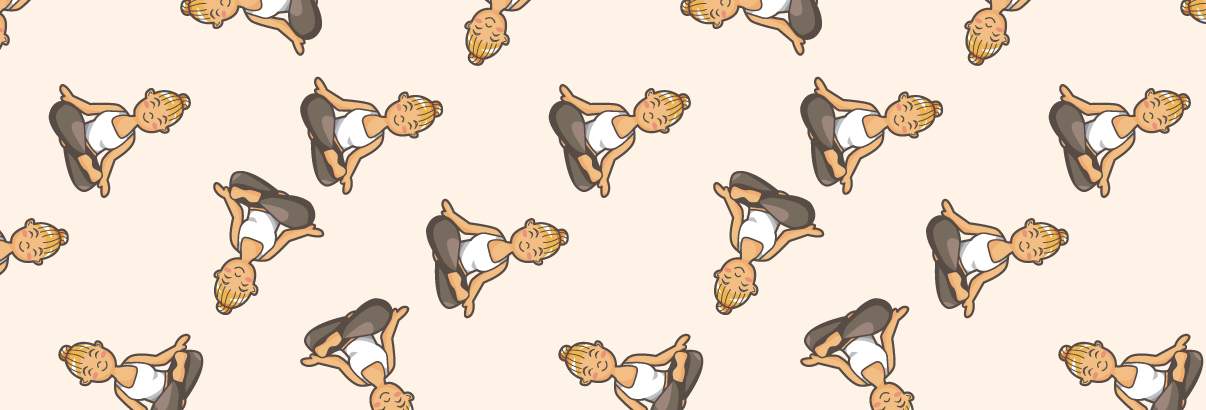Q. Sometimes when I’m meditating a thought arises that feels really important. What should I do about important thoughts and ideas that arise while I’m meditating—and what about the irrelevant ones?
A. The essential attitude of a meditator is curiosity. Meditation gives us an opportunity to look at what our minds do when we’re paying attention to them. And what the mind often does is wander off. Try to integrate an attitude of playfulness into your practice. Your practice doesn’t need to be rigid and strict—there can be spontaneity and flexibility. So, your mind wanders. See the thought, touch it—say here’s the thought, spend a moment with it. If it’s important, note that you want to come back to it—feel free to say, in your mind, that’s an important thought, I want to remember it. If it’s irrelevant, note that it’s irrelevant. Either way, very gently bring your attention back to your breath. Gentleness is important here, because what we practice and repeat over time becomes a habit. Consider this: What would the days, weeks, and months ahead be like if you were gentle with yourself? What would be different? When your mind wanders off and you quickly yank it back, it’s worthwhile to go back and say what was that thought again? Take note of it, and practice more gently bringing your attention back.
Try this free sample of our How to Meditate Course: Making Mindfulness a Habit—with Dr. Elisha Goldstein.

Read More
Where Does the Path of Mindfulness Lead?
While there’s no roadmap to wisdom, there is a path to greater perspective, insight, and emotional freedom. Founding editor Barry Boyce calls on his four decades of practice to take us on the journey.
Read More
Break Your Bad Mood in Three Minutes
Elisha Goldstein looks at how we can reduce ruminating thoughts and restore self-confidence.
Read More
5 Questions to Keep Your Meditation Practice Going
Through routine meditation, we can better cope with everyday stressors: when difficulties arise, we’re more likely to access memories of stability that we’ve been practicing.
Read More









